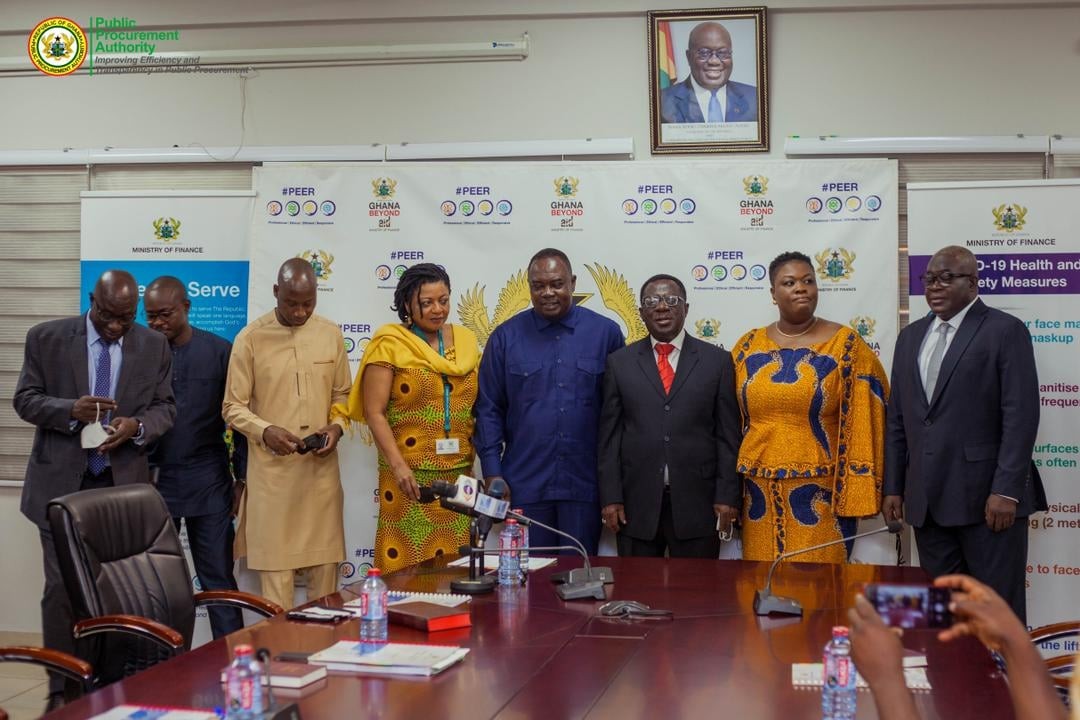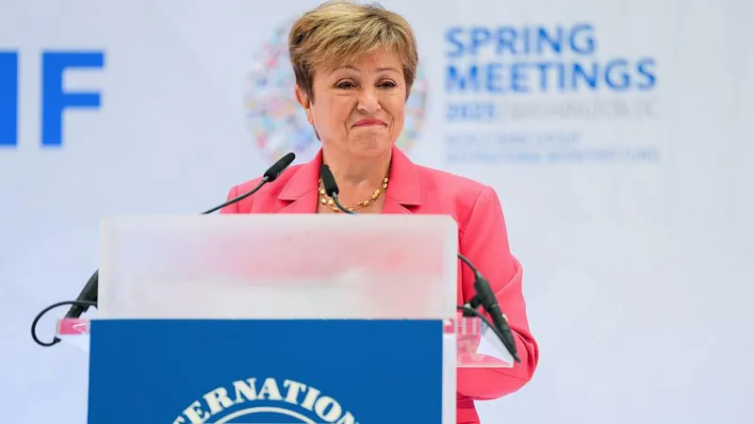In a striking revelation that has sent shockwaves through Ghana’s political and economic landscape, former President John Dramani Mahama has brought to light a staggering GH¢21 million loss resulting from a sole-source procurement deal. This scandal, which involves a contract for poultry farming equipment, not only exposes the pitfalls of uncompetitive government contracting but also highlights a recurring issue of financial mismanagement within the public sector.
The Heart of the Scandal
At the recent National Economic Dialogue, President Mahama detailed how the government’s decision to bypass competitive bidding led to significant losses. The procurement was intended to supply 10,000 units of poultry farming equipment—a project aimed at bolstering local agriculture. Instead of directly engaging with the manufacturer or qualified local suppliers, the contract was awarded to a politically connected middleman.
The numbers speak for themselves:
- Cost Discrepancy: The middleman procured the equipment at GH¢4,500 per unit and sold it to the government at GH¢6,600 per unit.
- Massive Overpricing: This difference resulted in a profit margin that, when multiplied across 10,000 units, culminated in a GH¢21 million loss for the government.
President Mahama’s pointed remarks during the dialogue underscored his frustration:
“Foreign single-source procurement must be the rare exception rather than the norm. We must also subject government projects above a certain threshold to value-for-money audits.”
The Problem with Sole-Source Contracts
Sole-source procurement, while sometimes justified in emergencies, has repeatedly shown its dark side when misused. Without the competitive pressures of an open bidding process, such contracts tend to:
- Inflate Costs: With no competing offers, prices can be arbitrarily set.
- Encourage Political Cronyism: Contracts may be steered toward companies with close political ties rather than those offering the best value.
- Compromise Quality: Limited oversight and competition can lead to substandard work and products.
- Waste Public Funds: Ultimately, taxpayers bear the burden of these inflated costs, which could have otherwise supported vital sectors like education, healthcare, or infrastructure.
This isn’t an isolated incident. Ghana’s history is marred by other high-profile procurement scandals—including the Saglemi Housing Scandal and the PDS Electricity Scandal—which have cumulatively drained billions of cedis from public coffers.
A Pattern of Financial Mismanagement
President Mahama’s revelations add another chapter to a long list of procurement woes in Ghana. Auditor-General reports spanning recent years have consistently uncovered irregularities ranging from ghost contracts to unauthorized payments. Each instance not only undermines public trust but also contributes to a growing national debt burden as the government is forced to seek external borrowing.
Proposed Reforms: A Call for Accountability
In response to the scandal, President Mahama has called for sweeping reforms to tighten Ghana’s procurement processes:
- Mandatory Competitive Bidding: All government contracts above a specified value should be awarded through open and transparent competitive processes.
- Enhanced Oversight: Strengthening the Public Procurement Authority (PPA) is crucial to ensuring that contracts are awarded based on merit and value for money.
- Digital Tracking Systems: Implementing technology-driven monitoring of all contracts could curb instances of overpricing and collusion.
- Strict Legal Measures: Officials found complicit in financial mismanagement must face stringent punitive actions to deter future malpractices.
These reforms, if effectively implemented, could mark a turning point in curbing corruption and restoring financial discipline within government dealings.
Public Outcry and the Demand for Change
Unsurprisingly, the scandal has ignited fierce reactions on social media. Ghanaians, tired of watching public funds squandered on politically motivated contracts, have taken to platforms like Twitter and Facebook demanding accountability. Voices across the country are unified in their call for an overhaul of the procurement system—a necessary step toward ensuring that public resources are used wisely and transparently.
Final Thoughts
The GH¢21 million loss is not just a financial setback—it is a wake-up call for Ghana. It underscores the urgent need for comprehensive reforms in the procurement process and a stronger stance against corruption. As the government embarks on reviewing its contracting procedures, the eyes of citizens and watchdog groups will be firmly fixed on the forthcoming changes.
Will Ghana rise to the challenge and restore trust in its public institutions, or will these mismanagement practices continue unchecked? Only time will tell, but one thing remains clear: accountability and transparency are not optional—they are essential for sustainable development.









0 Comments